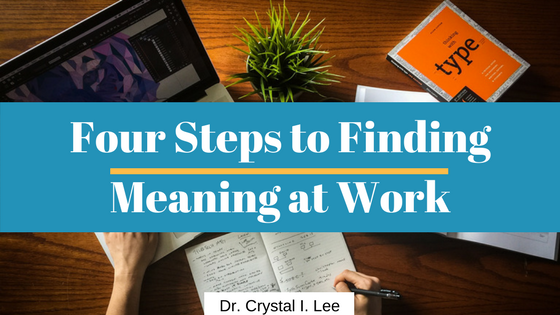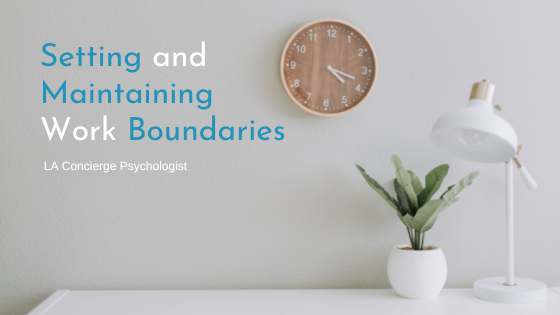My client sat slumped in his office chair, staring at me with sullen eyes. “I hate my job. What the hell am I doing here?”
Here was a man who most people would consider a success. He had a well-paying job that afforded him and his family a comfortable upper middle-class life. He was able to take four weeks of vacation each year and took a trip to Hawaii every year, where he had a condo.
But he was so deeply unhappy. He was miserable.
Back to my client’s question—
“What the hell am I doing here?”
This is the perfect example of how having a purpose and meaning in work and life can contribute to happiness. As my client got more promotions and became more successful, he became more and more unhappy. The purpose and meaning of his work became more distant and harder to grasp.
The solution seems so simple, then. Just find a purpose for your work! Well, yes and no. Not just any purpose will help you find happiness. It has to be a purpose and meaning that reflects your personal values and motivations.
How do you do that? Four simple steps:
1. List your personal values and things that drive you.
These can be things like being creative, helping others solve problems, learning new things, traveling, and connecting with people. Try to create a list that has about 10 things on it.
2. List the things you do at work.
The boring stuff will probably pop into your mind at first (e.g., answering emails, attending meetings). Definitely include those things, but also try to think beyond the mundane things you do at work or the job duties listed on your job description.
3. Find links between your values and the tasks you do at work.
This is the hard part because it’s not always immediately recognizable how your values are linked to what you do at work. Not every job task will lend itself to your personal values, but maybe you can find three to five things that do. For example, maybe you value helping others solve their problems. Perhaps those insanely long meetings that seem pointless are actually venues for you to help others solve their problems.
4. Remember the links!
From there, intentionally remember those links. Maybe each time you go do something, you’ll have to remind yourself how it connects to what drives you. Perhaps you’ll need to write it all down and keep it as a note in your desk drawer that you look at each evening before you leave. Possibly make it the desktop background on your computer. Maybe on your morning commute you review the list in your mind. Just don’t let yourself forget or else you risk slipping back into a work funk.
Click here for more information on executive coaching.
Keep visiting the blog for more articles on happiness, or send us a message or book a free 20 minute consultation call with Dr. Barajas or Dr. Goldman to see how we can help you discover a purpose that will help you feel happier and more fulfilled.




